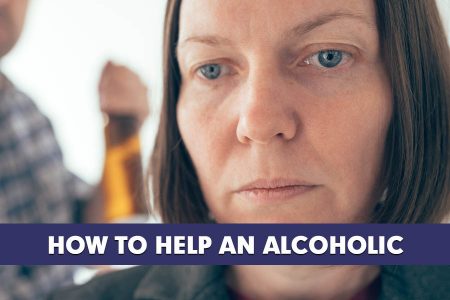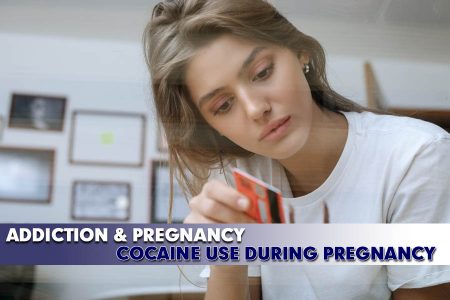Inhalant
Inhalants include a wide range of chemicals and anesthetics which are administered via inhalation. These inhalants are usually very volatile, flammable substances that vaporize at room temperature. These substances include household inhalants such as cleaning products to gasoline.
They produce short-lived, mind-altering effects that can be similar to that of alcohol. Inhalants come with real addictive potential as well as severe health impacts.
Symptoms & Diagnosis
While Inhalants are relatively less common than other drugs, their abuse potential as well as negative health effects should not be overlooked. Individuals that regularly utilize inhalants can develop a range of physical and psychological dependence.
- Psychosis, and Hallucinations
- Cravings for more inhalants
- Increased blood pressure and heart beat
- Impaired coordination
- Impaired verbal and mental fluidity
- Learning and memory difficulties
- Anxiety, and Paranoia
- Bloodshot eyes
- Dry mouth and dehydration
Inhalant abuse refers to intentionally inhaling vapors from commercial products or specific chemical agents to achieve a high and intoxication. Users may inhale vapors directly from a container or from a bag. The intoxication occurs rapidly, but is short lived.
Types of Inhalants
Liquids are one group of substance that is quite common with inhalant addiction and they normally vaporize at normal room temperatures. The likes of felt-tip marker fluids, paint thinners, glues, gasoline, and de-greasers are liquid inhalants that can have drastic effects on the brain.
Sprays including hair sprays, deodorants, and spray paints are also deadly when you are hooked into inhaling these substances in large dosage or amount. Vegetable oil sprays, fabric protector sprays, and cooking oil sprays are also included in the category.
Gases and nitrites are the other 2 types of inhalants that cause inhalants addiction especially the extreme sniffing or medical anasthetic, butane lighters, whipped cream dispensers, and refrigerants.
Addiction & Abuse
In North America, it is estimated that more than 22 million individuals, age 12 and older have used inhalants. Every year more than 750,000 use inhalants for the first time. Unfortunately Inhalant abuse remains as the least studied form of substance abuse, fortunately research regarding treatment and prevention has accelerated in the past years.
Call now for support
1 - 855 885 5805
For treatment or support, we’re only a phone call away. Our professionals are available to help around the clock.
Treatment Program
We offer an exclusive, private, and confidential program for people that are
- Recreation Programs
- Holistic treatment approaches (inc. Yoga, Meditation)
- Art and Music therapy
- Relapse prevention information
- Life management
- Counselling for individuals, groups, and families
- Nutritional and dietary counselling
- Physical fitness and personal training
- Aftercare treatment solutions
Learn more
Make an Appointment
Call Now for Support
1 855 885 5805
For treatment or support, we’re only a phone call away. Our professionals are available to help around the clock.
How to Help an Alcoholic
Addiction & Mental Health -...
Addiction & Pregnancy - Cocaine...
Quote








